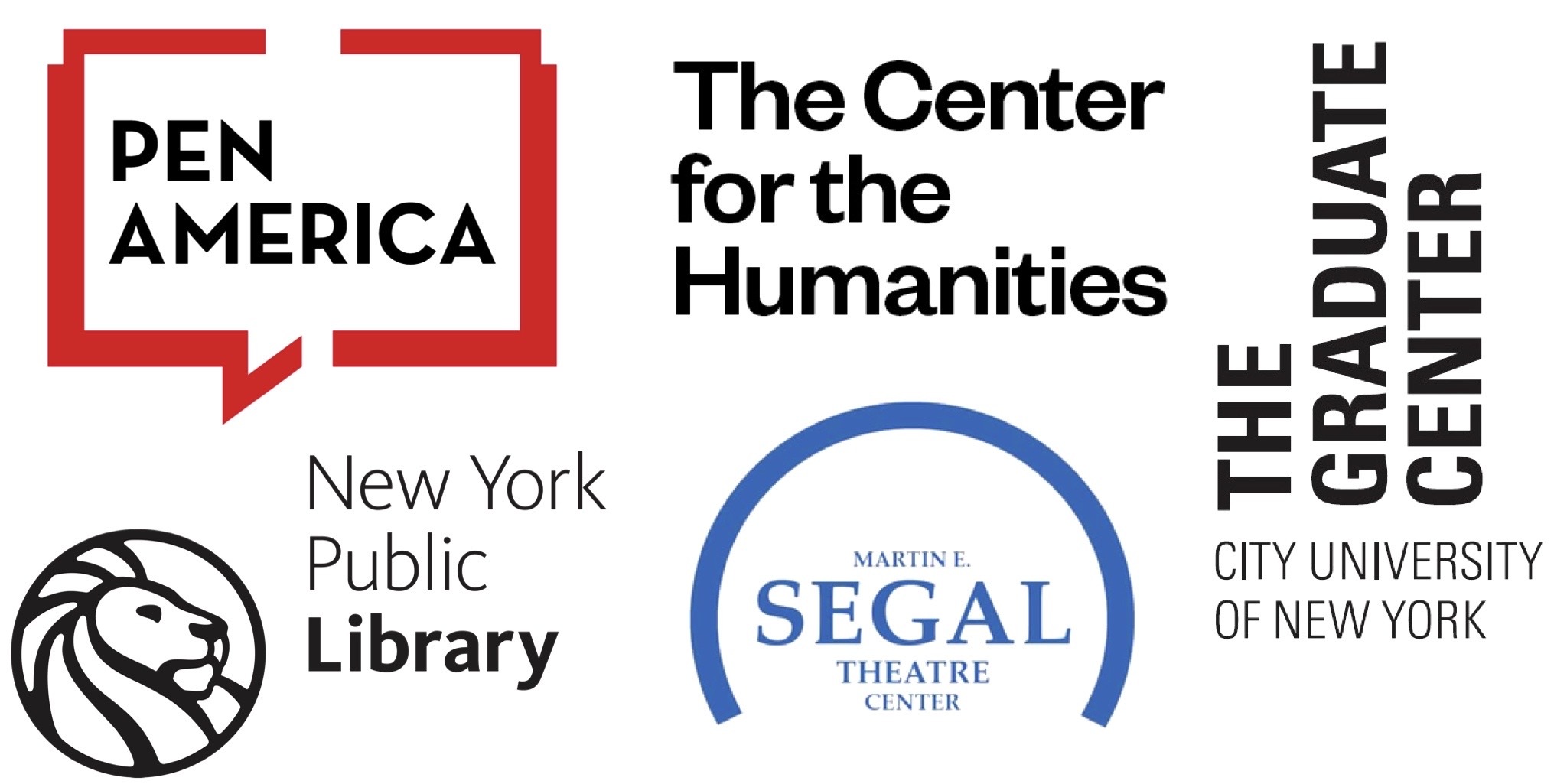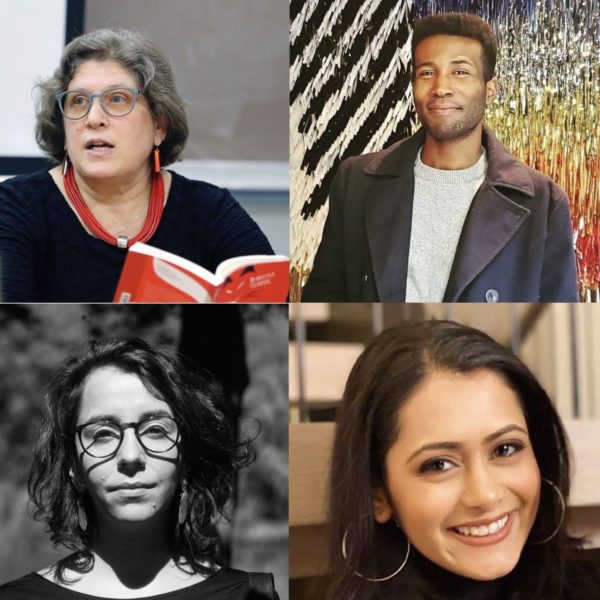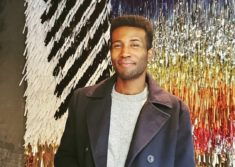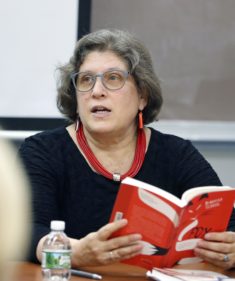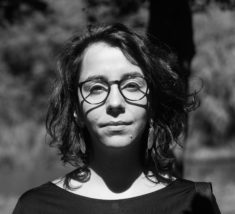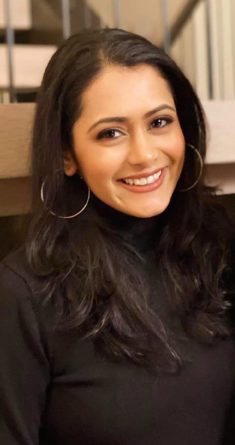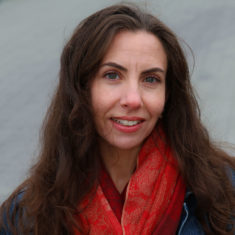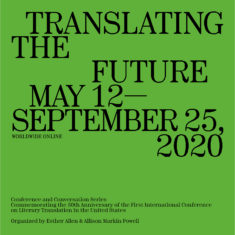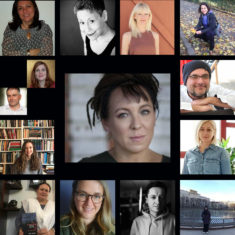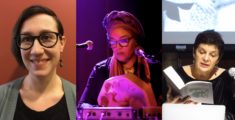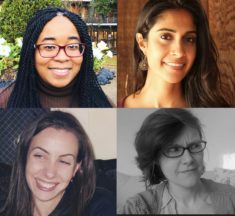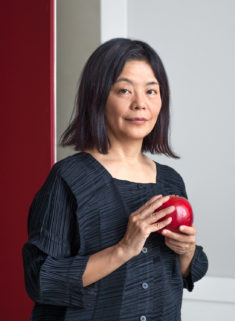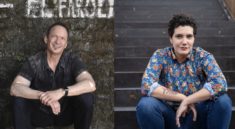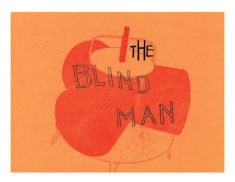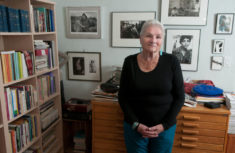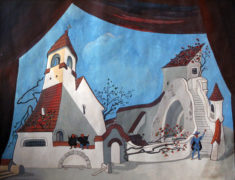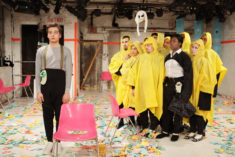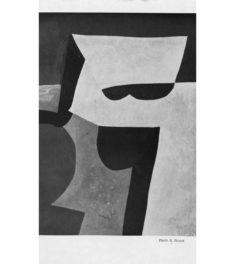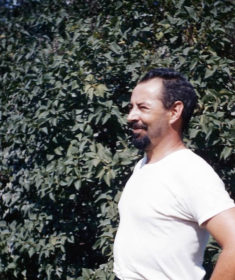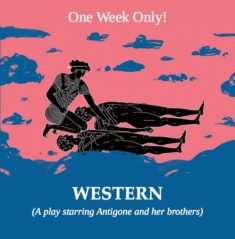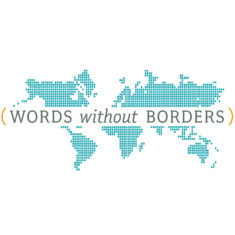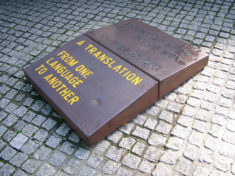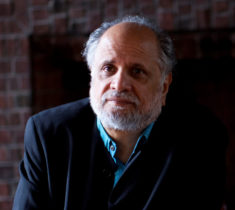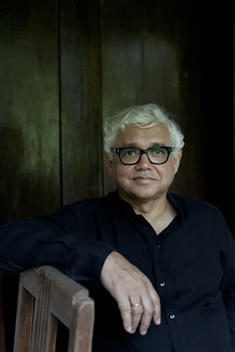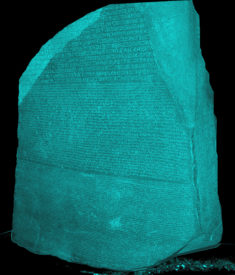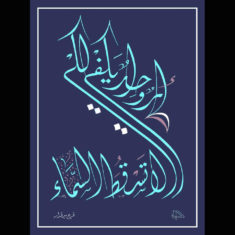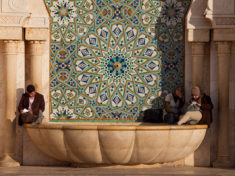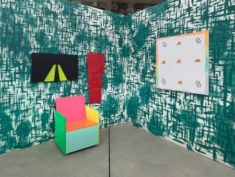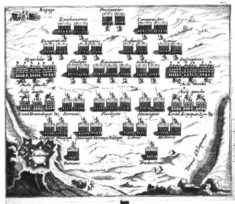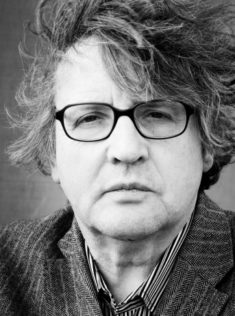About this Conference and Conversation Series
Watch the recording of this event below:
Join us for Week 18 of Translating the Future as we continue our series of conversations between translators with “Translating Trauma” with Ellen Elias-Bursac, Aaron Robertson and Julia Sanches, moderated by Queenie Sukhadia.
Authors bear witness to trauma as a means of reckoning with it. And translations of such texts bring atrocities to light for readers in other languages. Choosing to translate this work is vital, but it can also take a toll on the body and mind of the translator. Hear three acclaimed translators talk about their experiences with narratives of conflict from recent history and the strategies they have used to bring these stories to us.
Click here to register for this event and for the link to the livestream. Free and open to the public, the livestream will start at Tue, September 8th, at 1:30 PM (EDT).
The conversations will be hosted by Esther Allen & Allison Markin Powell. *Viewers can submit questions during the livestreaming at [email protected].
Speaker Bios:
Ellen Elias-Bursac has translated over twenty-five novels and books of non-fiction by Bosnian, Croatian, and Serbian writers. ALTA's National Translation Award was given to her translation of David Albahari's novel Götz and Meyer in 2006. Her book Translating Evidence and Interpreting Testimony at a War Crimes Tribunal: Working in a Tug-of-War was given the Mary Zirin Prize in 2015. She is the president of the American Literary Translators Association.
Aaron Robertson is a writer, editor, and translator. His translation of Igiaba Scego's novel Beyond Babylon (Two Lines Press, 2019) was shortlisted for the 2020 PEN Translation Prize and the Best Translated Book Award. He has written for The New York Times, The Nation, Foreign Policy, The Point, and elsewhere. Follow him on Twitter @augiewatts.
Julia Sanches is a translator of Portuguese, Spanish, and Catalan. She has translated works by Susana Moreira Marques, Noemi Jaffe, Daniel Galera, and Geovani Martins, among others. Her shorter translations have appeared in various magazines and periodicals, including Words without Borders, Granta, Tin House, and Guernica. A founding member of Cedilla & Co., Julia sits on the Council of the Authors Guild. COVID is devastating the indigenous communities across Brazil, where to date 29,824 people have tested positive and 785 have died, including elders and other knowledge sharers. This is happening at the same time as violence against these same indigenous communities has increased and deforestation of the Amazon is being encouraged by the Brazilian government. If you have any money to spare, the Articulation of Indigenous People in Brazil (APIB) is taking donations here.
Queenie Sukhadia is a student in the English PhD program. Her research is focused on the act of secondary witness—how we receive the narratives of those testifying to atrocities—in global human rights literature. Through her scholarship, she explores how we can read testimonial narratives in more equitable, empowering ways - outside of the frames made common-sense by structures such as the courtroom. Apart from being a scholar, she is also a creative writer and published a collection of short stories, A City of Sungazers, in 2017. Queenie is also Managing Editor of the Graduate Center newspaper, the Advocate, and works with the PublicsLab as a Mellon Humanities Public Scholar. She is passionate about making humanities scholarship & research available in the public sphere, and her Instagram project at @academiaforall is one way this commitment has taken shape. She holds a BA (with high honors) from Dartmouth College and an MA in English (with distinction) from Georgetown University.
Translating the Future:
Visit Translating the Future page here for the complete conference Program, video recordings of previous events in this series, as well as archival audio recordings, articles, the original program, and more history from PEN's 1970 World of Translation conference.
This conference and conversation series is co-sponsored by PEN America, the Center for the Humanities at The Graduate Center, CUNY, and the Cullman Center for Scholars and Writers at the New York Public Library, with additional support from the Martin E. Segal Theatre Center.
